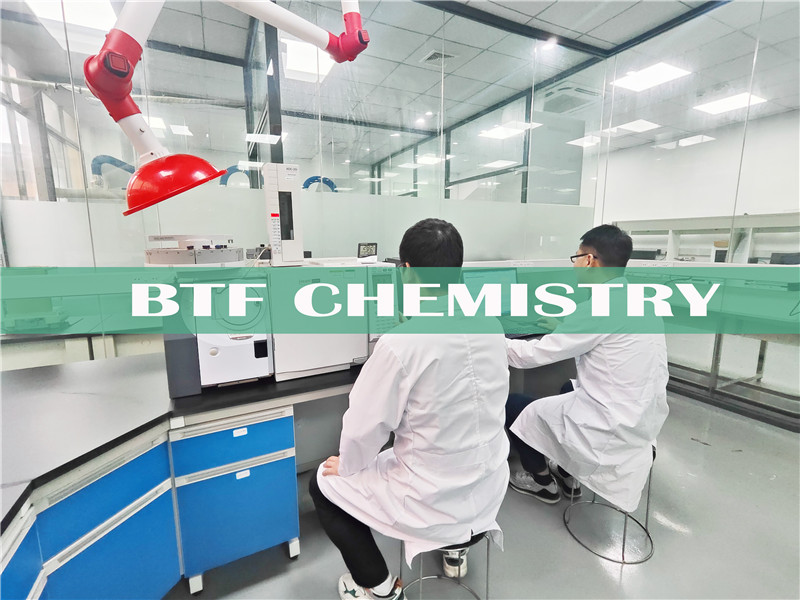1.What are POPs?
The control of persistent organic pollutants (POPs) is receiving increasing attention. The Stockholm Convention on Persistent Organic Pollutants, a global convention aimed at protecting human health and the environment from the hazards of POPs, was adopted internationally on May 22, 2001. The EU is a contracting party to the convention and has an obligation to comply with its provisions. Based on this requirement, the UK has recently issued a regulation called the 2023 Persistent Organic Pollutants (Revised) Ordinance, which updates the control scope of the Persistent Organic Pollutants (POPs) regulation. This revision aims to update the restrictions on PFOS and HBCDD in the POPs regulation.
2. POPs Regulatory Update 1:
PFOS, as one of the earliest regulated PFAS substances in the European Union, has fewer controlled substances and more relaxed limit requirements compared to other updated substances. This update mainly expands on these two points, including the inclusion of PFOS related substances in control requirements, and significantly reduces the limit value, making it consistent with other PFAS substances such as PFOA, PFHxS, etc. The specific proposed update content and current regulatory requirements are compared as follows:
3. POPs Regulatory Update 2:
Another substance to be updated is HBCDD, which was previously used as an alternative restricted substance when the RoHS Directive was updated to version 2.0. This substance is mainly used as a flame retardant, especially in the production of expanded polystyrene (EPS). The content to be updated this time also points to the products and materials for this purpose. The specific comparison between the proposed update content and current regulatory requirements is as follows:
4. Common questions about POPs:
4.1 What is the scope of control for EU POPs regulations?
The substances, mixtures, and items placed on the EU market are all within their control scope.
4.2 Scope of products applicable to EU POPs regulations?
It can be various products and their raw materials.
BTF Testing Lab is a testing institution accredited by China National Accreditation Service for Conformity Assessment (CNAS), number: L17568. After years of development, BTF has electromagnetic compatibility laboratory, wireless communication laboratory, SAR laboratory, safety laboratory, reliability laboratory, battery testing laboratory, chemical testing and other laboratories. Has a perfect electromagnetic compatibility, radio frequency, product safety, environmental reliability, material failure analysis, ROHS/REACH and other testing capabilities. BTF Testing Lab is equipped with professional and complete testing facilities, an experienced team of testing and certification experts, and the ability to solve various complex testing and certification problems. We adhere to the guiding principles of "fairness, impartiality, accuracy, and rigor" and strictly follow the requirements of the ISO/IEC 17025 testing and calibration laboratory management system for scientific management. We are committed to providing customers with the highest quality service. If you have any questions, please feel free to contact us at any time.
Post time: Jan-11-2024











